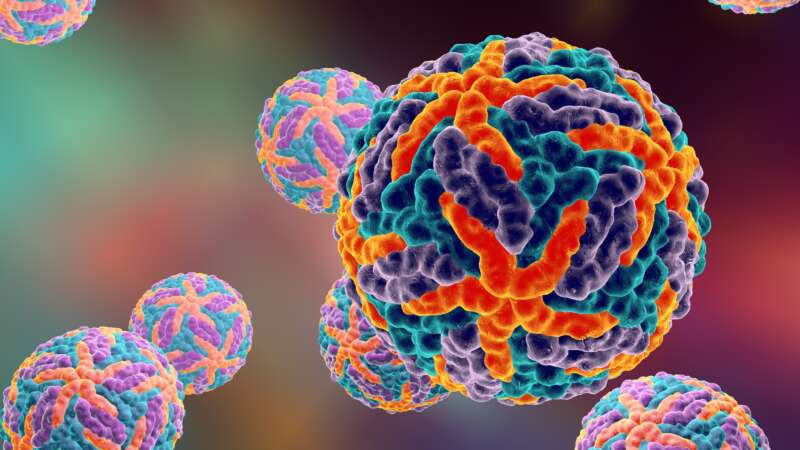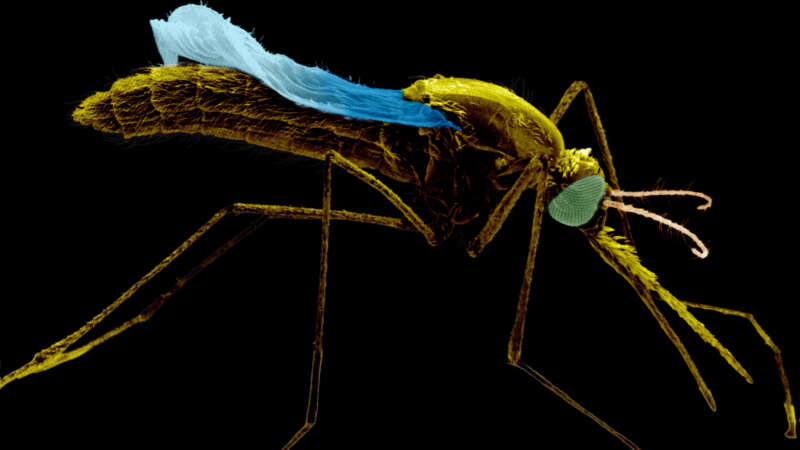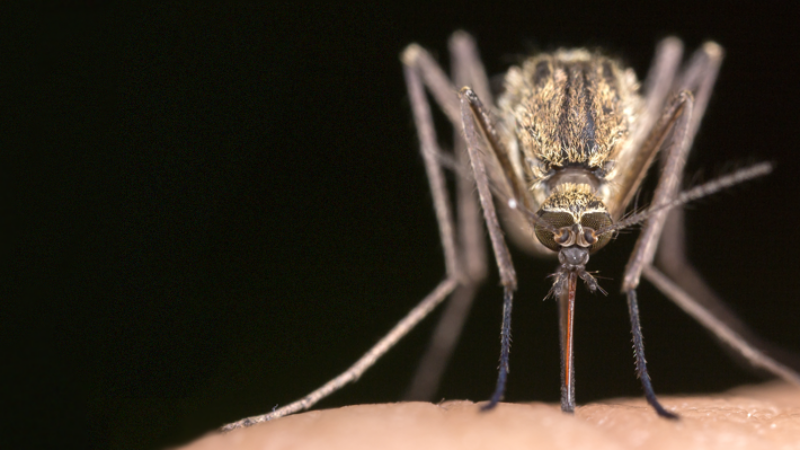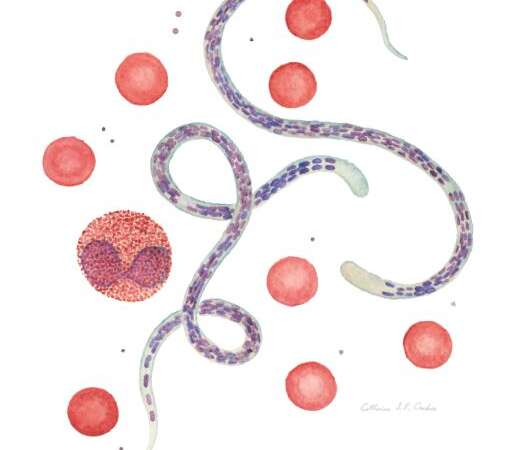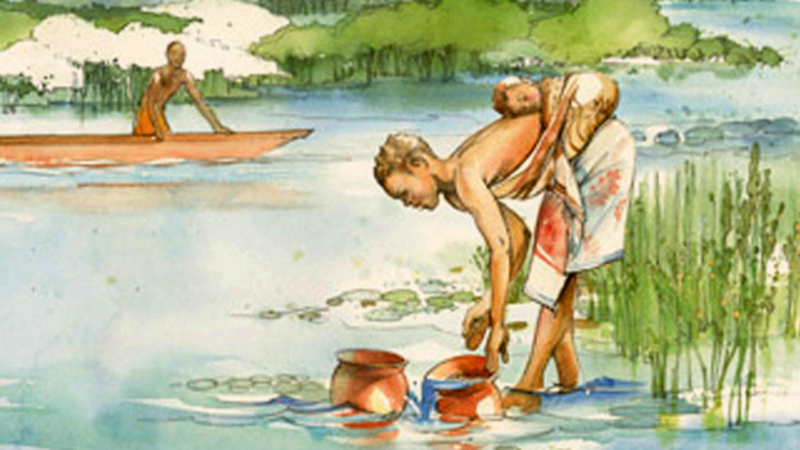vector control
Earth Day & Public Health: Unavoidably Connected
Each year on April 22nd, people and nations around the world celebrate Earth Day to raise awareness and promote action toward environmental protection and sustainability. Activities typically include community clean-ups and educational campaigns designed to promote sustainability in daily life.
The origins of Earth Day date back to the 1960s and a decade of growing enviro-consciousness brought about by the publication of Rachel Carson’s Silent Spring and a series of environmental disasters that climaxed with a devastating oil spill off the coast of California in 1969. Gaylord Nelson, a U.S. Senator from Wisconsin, organized the first Earth Day in 1970, when an estimated 20 million Americans took part in organized activities ranging from tree plantings to beach cleanups and teach-ins on college campuses.
Since those humble beginnings, Earth Day has become a global event – but amidst the tree plantings and landscape revitalization lies a subtle and yet direct connection between Earth Day and Public Health. Just as we depend on the natural environment for our survival, civilization creates and shapes a social and economic environment that greatly influences the health and well-being of our species.
Resistance in the Limelight
Doctor Shinji Kasai’s recent publication on the combined effects of three knockdown resistance (kdr) mutations in Aedes aegypti sparked media frenzy. He demonstrated the causal relationship between specific genes & pyrethroid sensitivity in mosquitoes.
The study improved understanding of insecticide resistance evolution & opened new strategies to control mosquito populations & reduce disease spread. Kasai’s latest paper on super-insecticide-resistant dengue mosquitoes caused a stir in the media, revealing high levels of pyrethroid resistance in field populations.
Urban Africa Faces Invasive Challenge
Malaria numbers are surging in the Horn of Africa, but not in rural settings.
Djibouti is a small country of around 900,000 inhabitants on the Horn of Africa that rests on the shores of Bab al-Mandab strait, just 20 miles from the coast of Yemen and southwest Asia. Ten years ago, the World Health Organization (WHO) proudly proclaimed that Djibouti was entering the “pre-elimination phase” in its longstanding battle against malaria. Pre-elimination status is reached when a country’s number of confirmed malaria cases approaches zero.
Health Impacts of Climate Change
The debate about whether climate change is a real phenomenon – and whether humankind is responsible for the alarming rise in greenhouse gas (GHG) levels – is largely a thing of the past. Three decades of research has put forth what most scientists consider incontrovertible proof that escalating levels of carbon dioxide (CO2), methane (CH4), and nitrous oxide (N2O) are a direct result of human activities ranging from deforestation to emissions from energy production, industry, and agriculture.
The Economics of Resistance
It would be extremely difficult to calculate, with any high degree of accuracy, the global economic impact of insecticide resistance. For starters, we must consider that insect management plays a pivotal role in a variety of sectors – agriculture, home and garden, forestry, structural applications, and vector control. Analysis of the totality of economic impacts arising from resistance in any one of these sectors quickly becomes a complicated interplay of variables that interact within that given system.
Insecticide Resistance in Arthropods
Insecticide resistance is a global problem that poses mounting challenges to human health. Insects’ ability to quickly adapt to chemical interventions renders products ineffective and undermines pest management efforts in both agriculture and public health. This compromises our capacity to produce a safe and affordable food supply while impairing our ability to safeguard society against crippling or even fatal vector-borne disease.
Valent BioSciences Team Brings Forth Novel Mode of Action Targeting Pyrethroid-Resistant Mosquitoes
Ten-Year Development Project Results in potential for First Mosquito Adulticide Based on Fermentation Technology An Experimental Use Permit (EUP) application has been submitted to US …
New MoA Success Drives Provocative Research with Broad Implications
Impact of ivermectin in onchocerciasis control could be just the beginning The iconic story behind onchocerciasis elimination efforts offers lessons that extend well into the …
It All Started with a Gift
Merck’s commitment to donate ivermectin for onchocerciasis control in the late 80s was only the beginning of the challenge to deliver the intervention to those …
Silencing River Blindness – a Legendary Story of Public Health Triumph
As the world marshals its collective resources in the fight against COVID-19, an often forgotten major Public Health accomplishment achieved through an intense global Public-Private …

